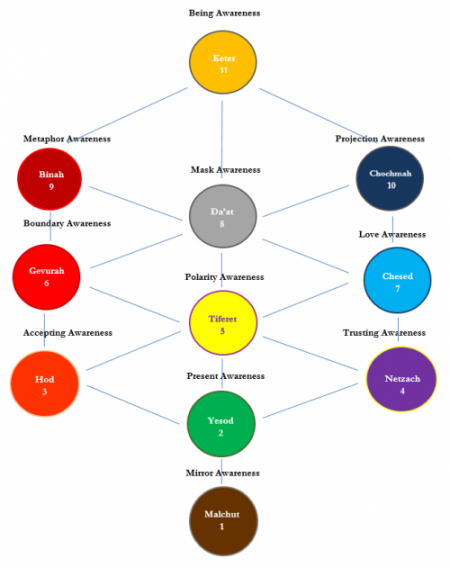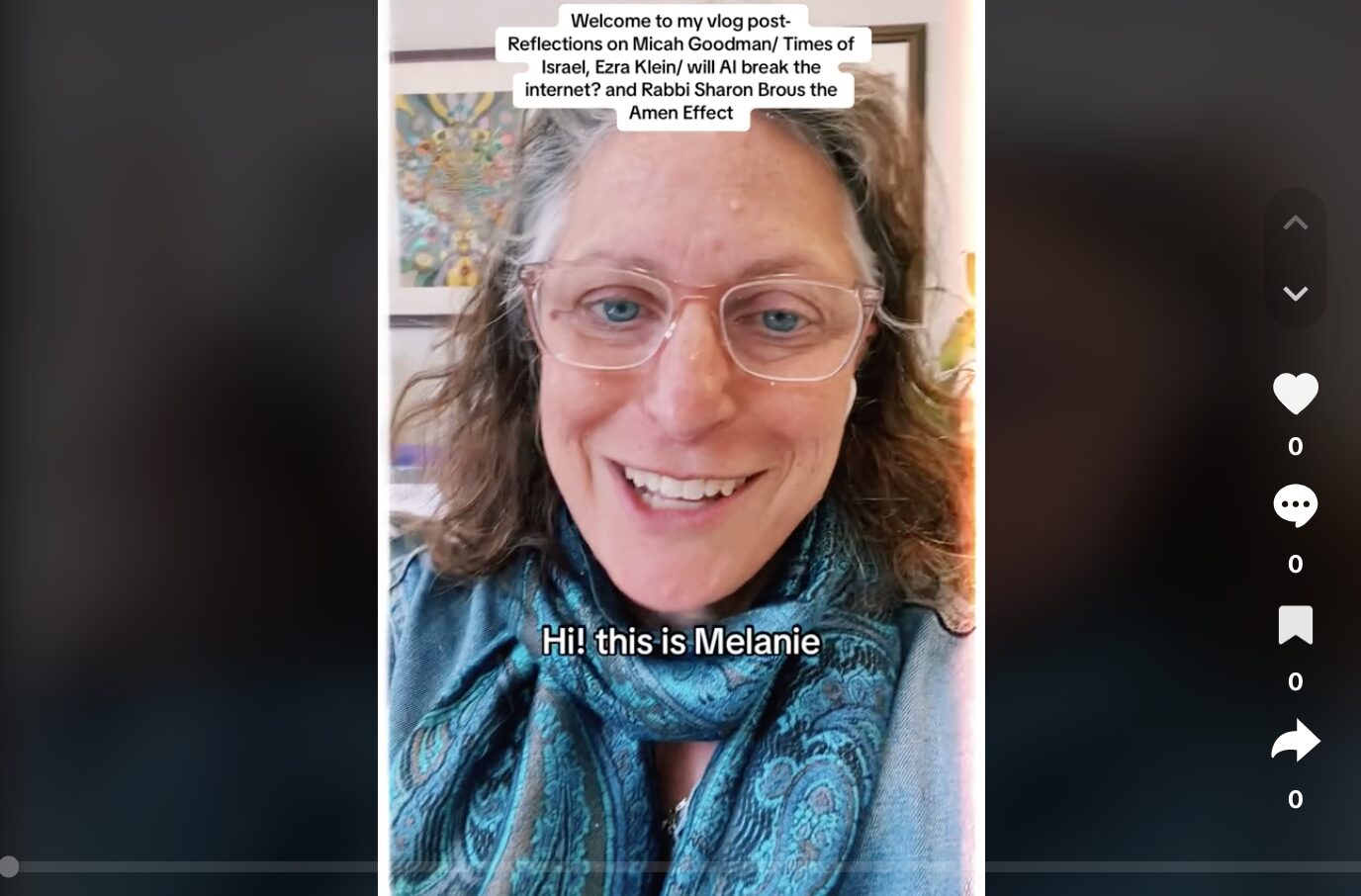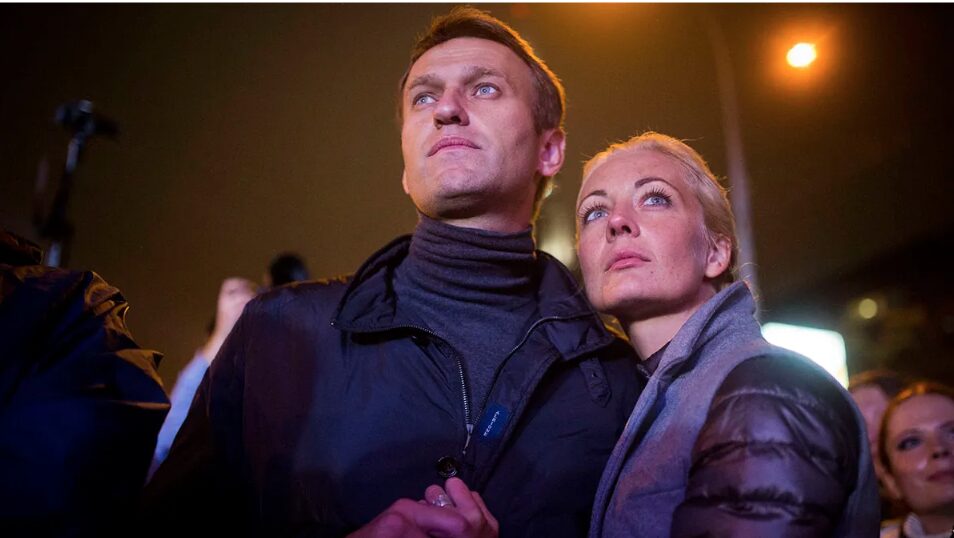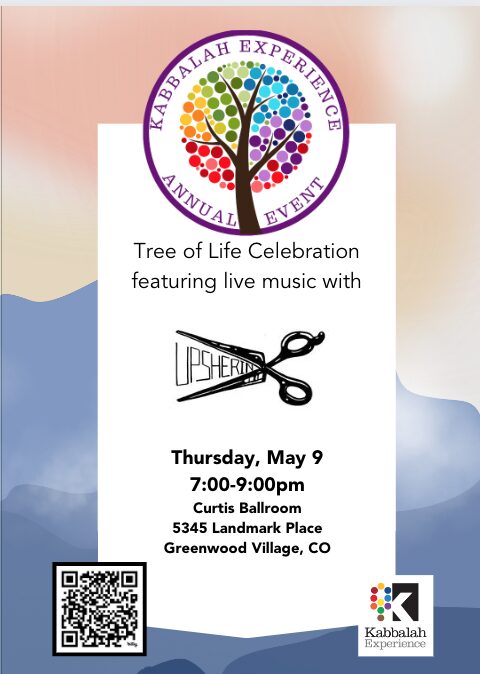Allen Afterman begins his book Kabbalah and Consciousness by declaring that “as much as Kabbalah is a philosophy it is even more a map of transcendent experience.” There are two important ideas that Afterman touches upon. The first is that Kabbalah is a philosophy. This may come as a surprise to some because Kabbalah emerged from Judaism and so might be seen as a religion or at the very least a religious philosophy. Religious Kabbalists would certainly concur that Kabbalah is inextricably connected to Judaism (or in the case of Cabbala, inextricably connected to Christianity). Afterman though is placing Kabbalah in the rubric of philosophy as a study of the fundamental nature of knowledge, reality and existence. For an interesting comparison google “Is Buddhism a religion or a philosophy?” and you can begin to appreciate a parallel discussion of Buddhism emerging from Hinduism and what that implies for answering the question about Buddhism being a religion or a philosophy.
Afterman then places emphasis that Kabbalah is “even more” a map of transcendent experience. The map that he is referring to is the Tree of Life. Since last spring we have been introducing people to the study of Kabbalah by mapping awareness practices on the Tree of Life (this is also the curriculum of the third year entitled The Kabbalah Path). While it will certainly continue to evolve the following is a verbal and visual summary of the Tree of Life Awareness Practices
- Pay attention to what shows up as a reflection of what you still need to learn and grow into. Pay attention to synchronicities.
- Be present to the moment. This includes fully processing emotions that come from the past and how plans for the future impact your present living.
- Accept reality and only then respond. Seek and offer forgiveness in your everyday experiences. Live with a deep sense of gratitude.
- Live with intention by being open to possibility—one door closing opens another. Measure success by effort, not by outcome and ask: What energy do I want to create and invest in this interaction?
- Hold opposites and recognize that those qualities you see in others (both those that bother you or you admire) are mirrored in you. Seek common ground.
- Set limits to access greater intimacy and focus in your relationships with others and with yourself.
- Expand your concern and love for the “other”–ultimately to speak up for and welcome the other into your circle of support.
- Deepen your awareness of your masks.
- Delve into your life story by seeing the masks you wear as metaphors for understanding your life choices.
- Unravel the mask and its story to its source and become possibility.
- Experience the experience. Realize impermanence. Stay connected. Pay attention to what shows up.











2 Comments
Bettina · December 3, 2016 at 5:40 am
To your credit, I think I finally understand. Makes me think I need to retake some of our classes.
Devorah · December 6, 2016 at 9:26 pm
Nicely written. I like the Tree of Life Awareness practices. IMO, this is such an important part of Kabbalistic learning – to not get too abstract, but link the learnings to how we can practice and experience in our everyday lives. Thanks for sharing